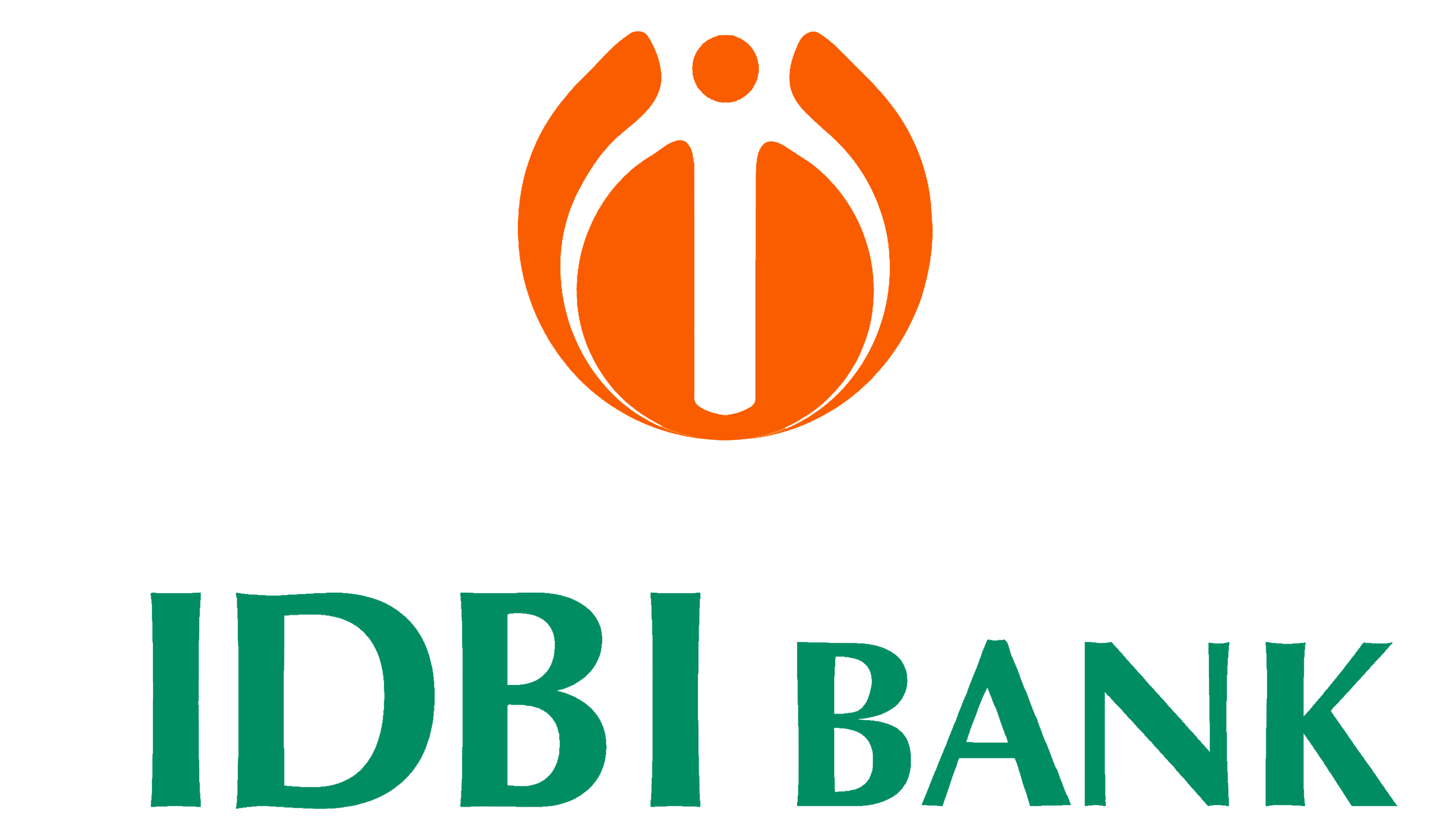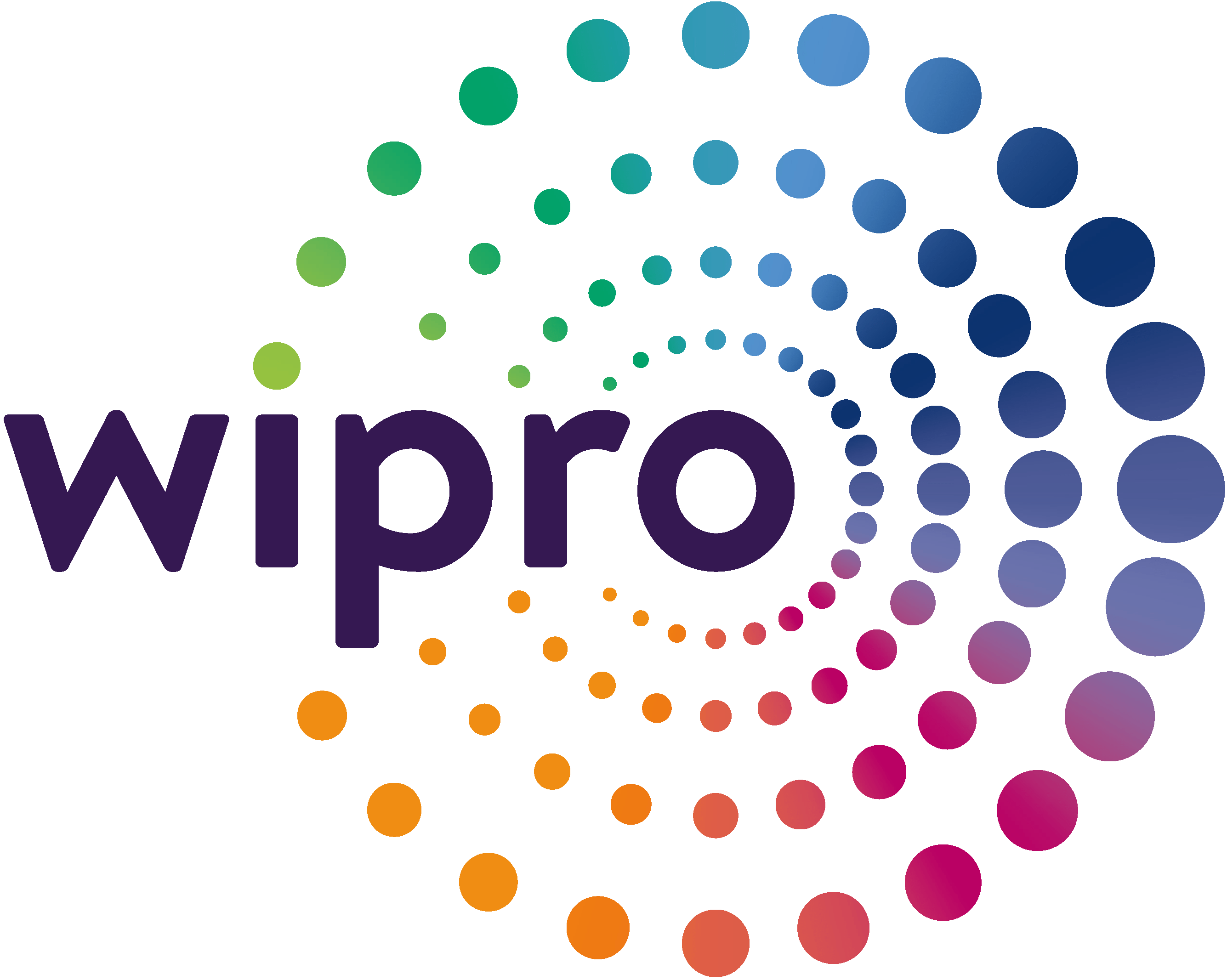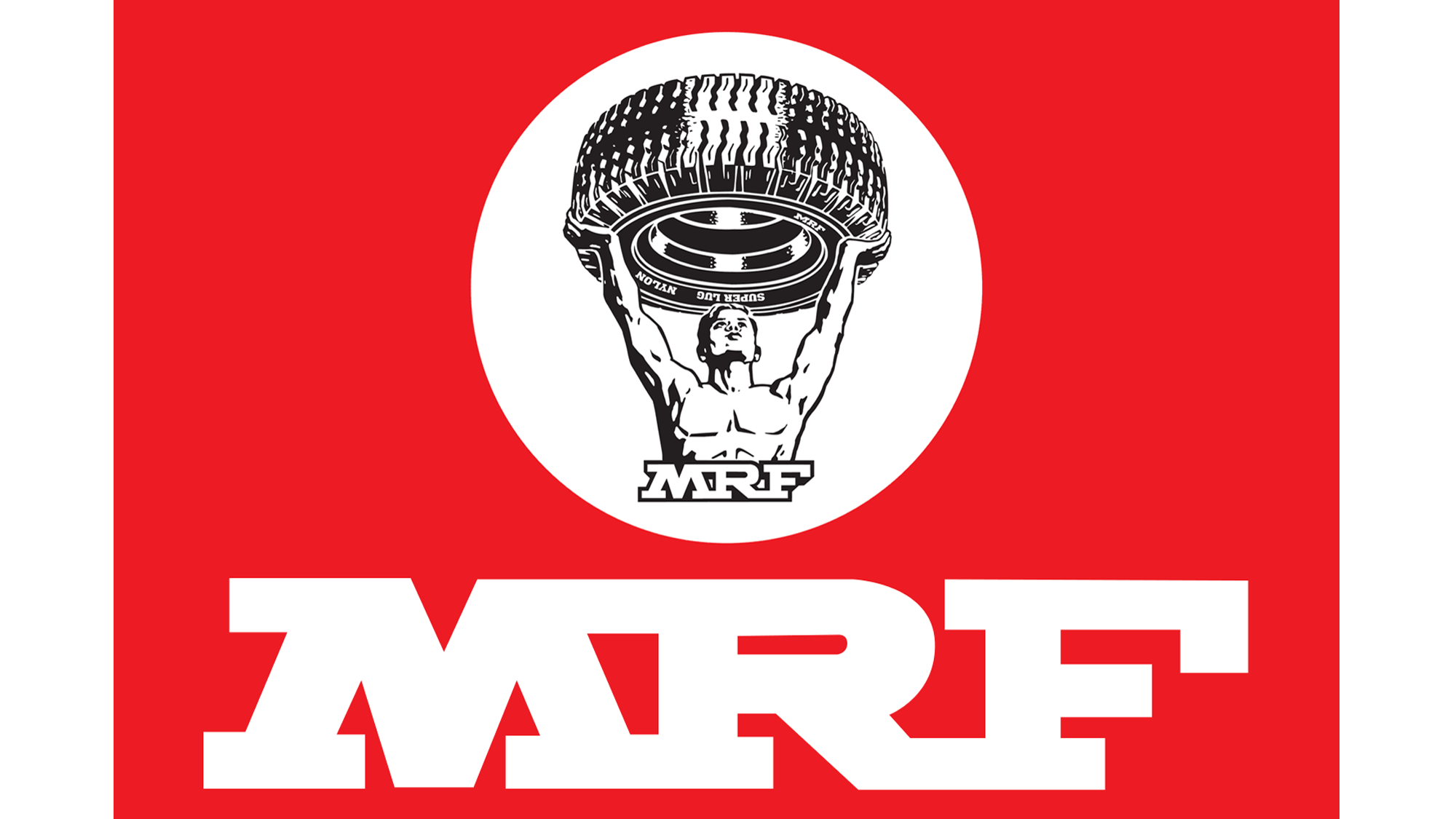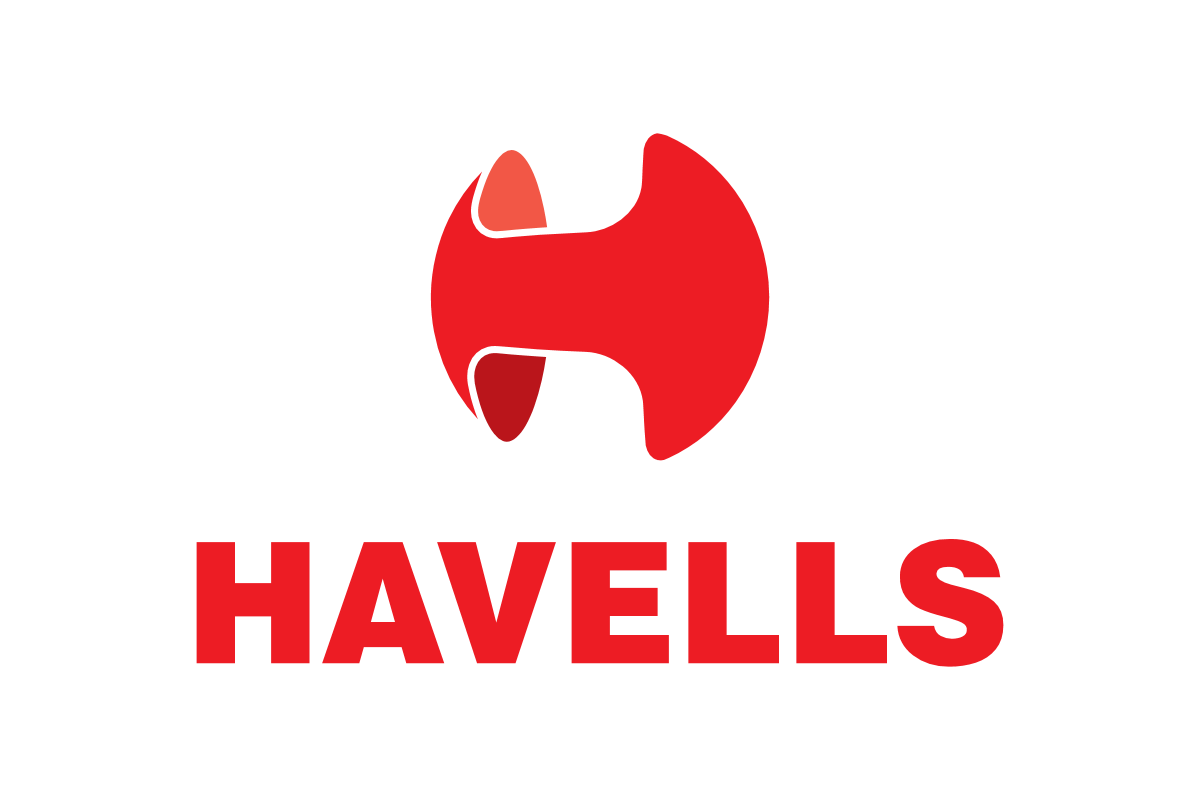12a registration online
To grant income tax exemption to contributors, NGOs must apply for the 12A Certificates. It also assists non-governmental organizations in obtaining government financing. Connect with us to get your 12A registration.
Get Your 12A Certificate Hassle Free.
- Connect with our Experts
- Submit Your Required Documents
- Track Application Status
- Received your Certificate














